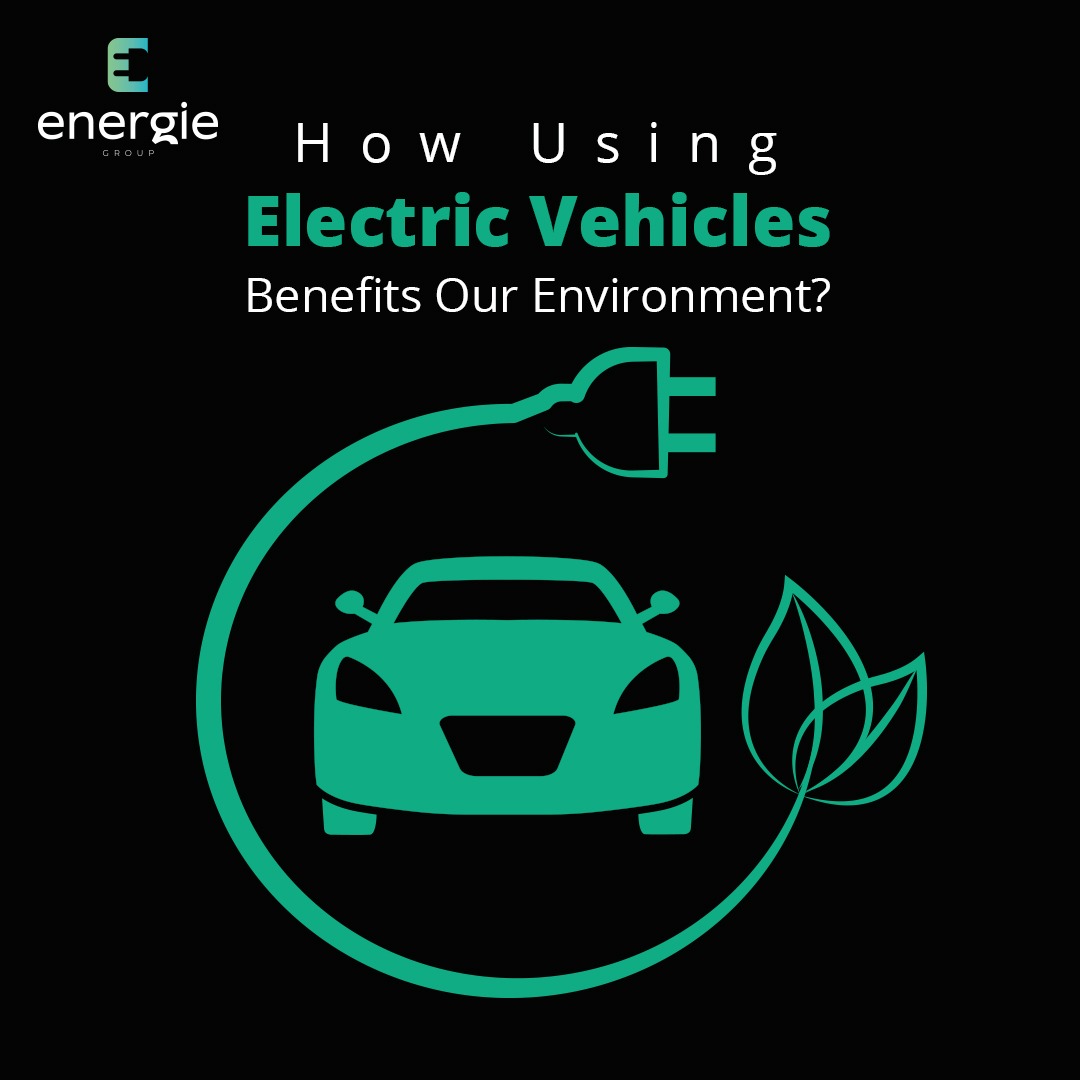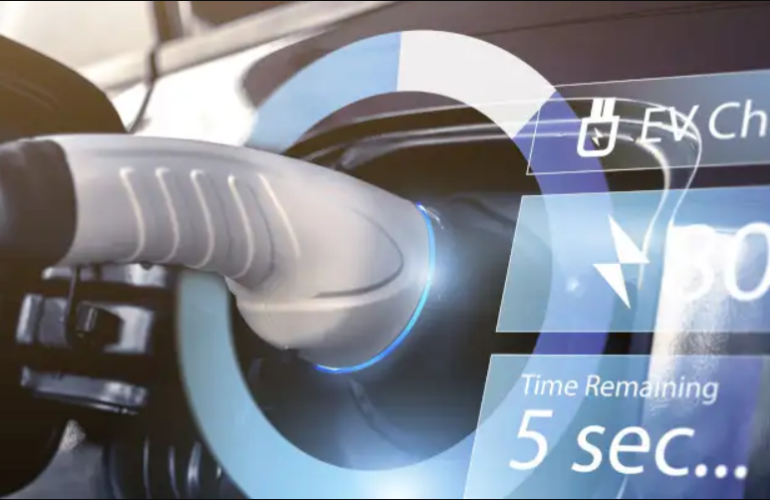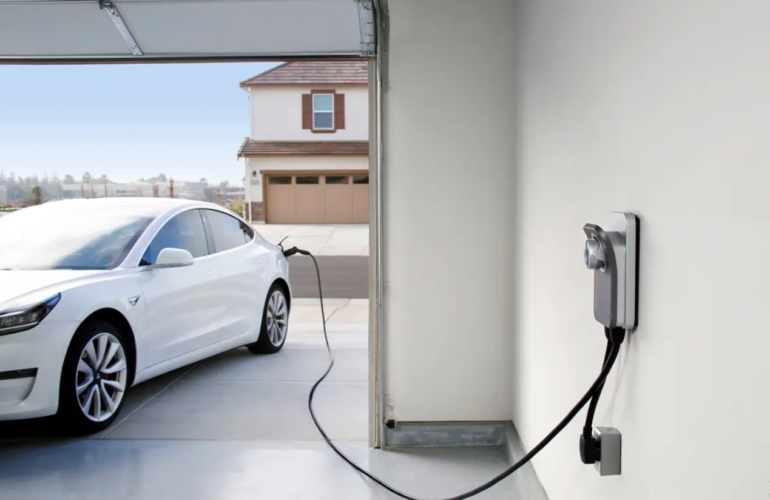Most cars run on fossil fuels like petrol or diesel. On the other hand, a lithium-ion battery powers the electric vehicles, which is similar to the batteries that power smartphones and laptops. As with electronic devices, EV chargers are required to power these batteries.
Lithium-ion batteries are less polluting. They can be charged at home using an EV home charger. An EV home charger installation is required to charge the car batteries.
Electric Vehicles do not have typical car parts such as fuel lines, fuel tanks, and tailpipes. In their place an electric car charger is enough to keep the car running. In other words, electric vehicles do not emit carbon dioxide emissions (CO2), which contributes to cleaner air.
EVs Produce Zero Tailpipe Emissions.
A tailpipe is not necessary for electric vehicles since they do not produce exhaust. Traditional engines emit harmful carbon dioxide. On the other hand, electric vehicles have no emissions when charging car. EVs are primarily powered by lithium-ion batteries. The batteries can be charged using an electric car charger and depleted repeatedly without causing air pollution.
EV Battery Production is Clean.
EV suppliers use renewable energy sources such as solar and wind during production. After they’re manufactured, electric vehicles do not cause air pollution as electric vehicle charging stations are used except in limited circumstances where coal is used as a power source for charging.
Most emissions are generated during battery manufacturing. An electric charging car would not produce emissions and can safely be charged inside a garage using an EV home charger. We just need to make sure that EV home charger installation is done properly.
It is estimated that a petrol-powered passenger vehicle emits between 5 and 6 metric tons of CO2 per year. Alternatively, an electric vehicle powered by renewable energy will indefinitely maintain a neutral carbon footprint.
EV Manufacturers Use Eco-Friendly Materials.
EV manufacturers use recycled, organic, and eco-friendly materials to build lighter, more efficient, solid and durable vehicles. Using materials like metals and plastics is unsustainable and creates pollution.
All-natural or recycled materials minimize the environmental impact during and after the EV production process. An EV charger used at electric vehicle charging stations is also made of organic materials.



